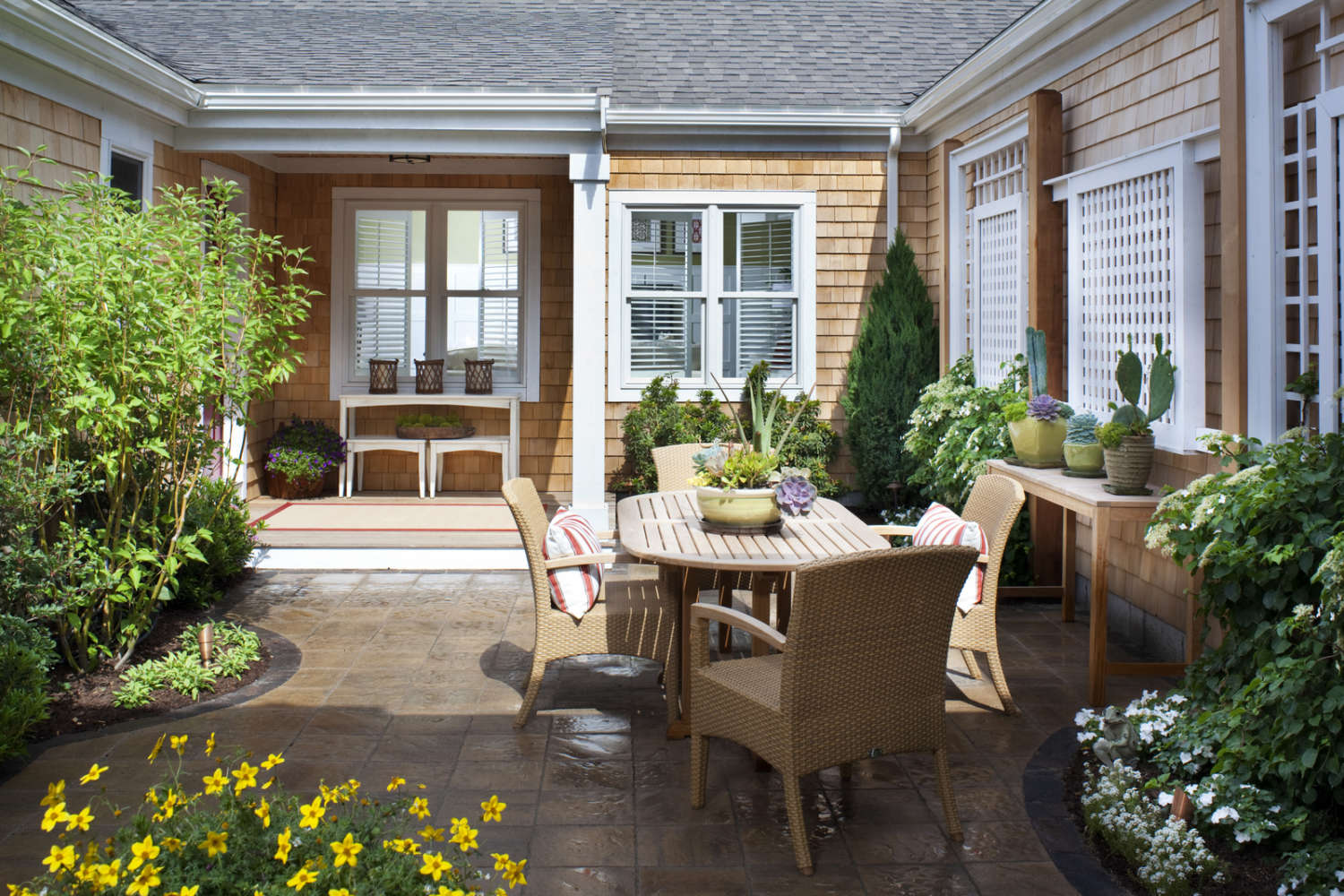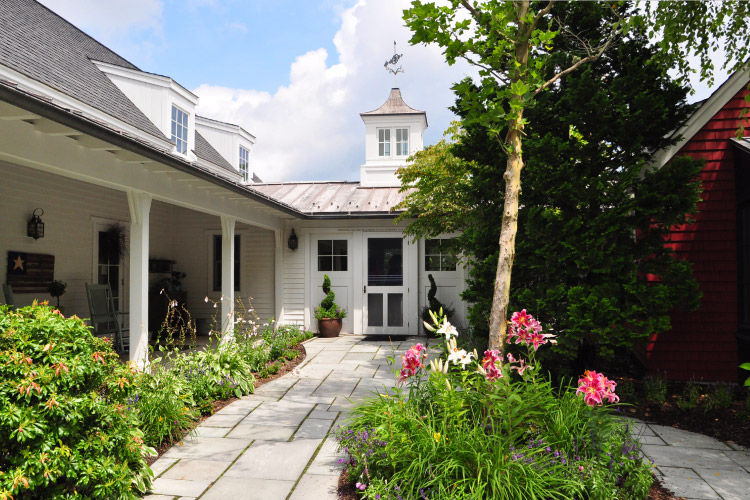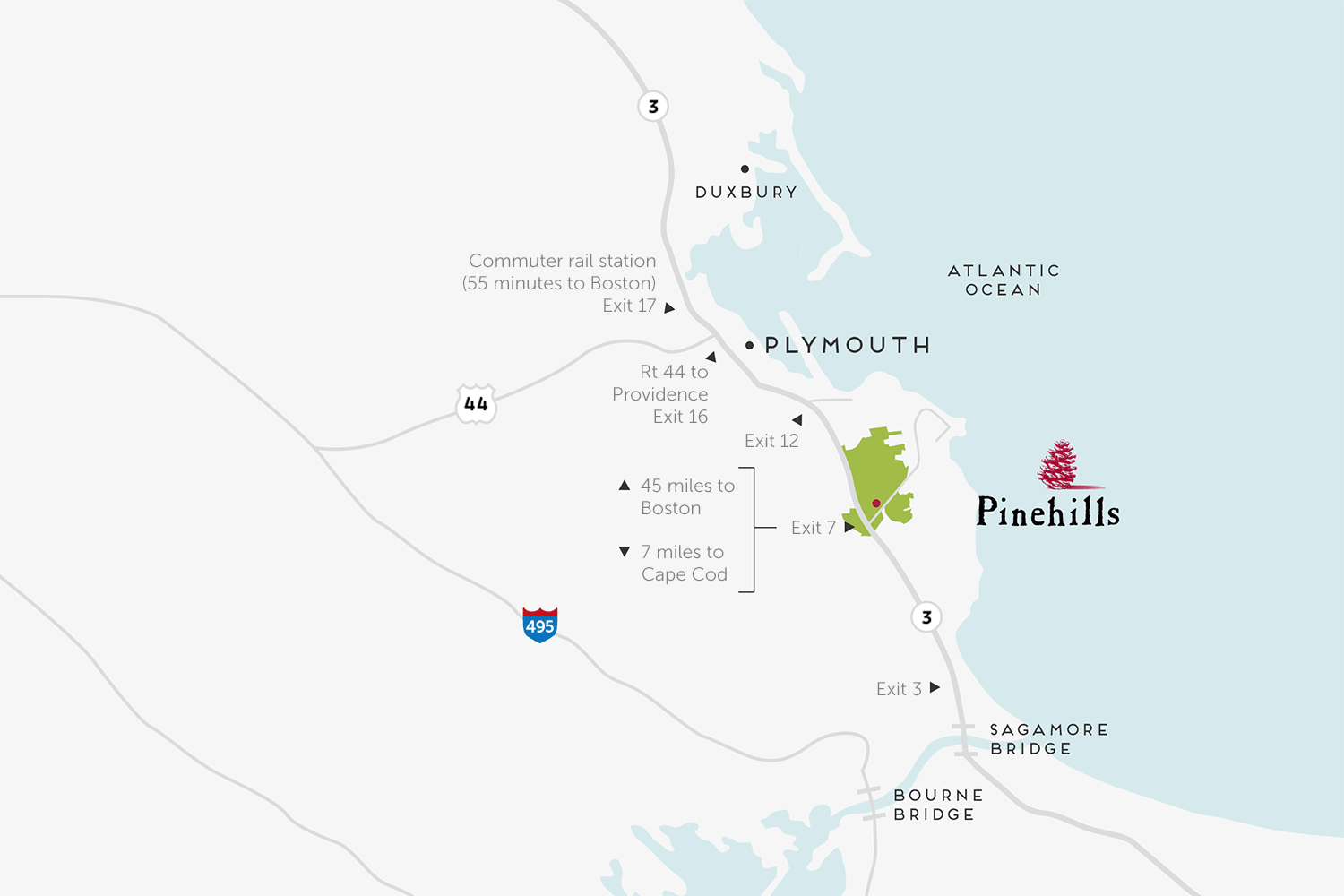
Investments in multifamily rentals have been one of the few hot spots in a sputtering economy, and nowhere is that more evident than in the Boston area, where a high-tech economy is enjoying comparatively strong job growth.
In the last several weeks, city officials have allowed developers of three buildings with nearly 1,000 units to decrease or eliminate condominiums in favor of additional rentals. Over all, the Boston Redevelopment Authority expects construction to start this year on 21 buildings with a total of 1,855 apartments, nearly all rentals, compared with just 600 starts last year. Of those units 830 were once planned as condominiums, said the authority’s director, John Palmieri.
“We think we can build this summer after two years when we couldn’t,” said Anthony Pangaro, a principal of Millennium Partners-Boston, which has previously developed luxury condominiums downtown. This month Millennium’s $200 million Hayward Place project in the theater district sought city approval to convert from 200 condominiums to 265 units, mostly rentals.
With rents up to $4 square foot and construction costs down to $500 a square foot, Mr. Pangaro said he could build high-quality apartments that would rent for about $5,000 a month. That gives long-term investors a yield in the mid-single digits, good but far from the 2005 peak of 20 percent for condominiums and about 9 percent for apartments, he said.
A few weeks ago, the city approved a switch to mostly rentals for a $130 million, 345-unit mixed-income complex in Chinatown, said Kirk A. Sykes, its developer and the president of the Urban Strategy America Fund, who expects to break ground early in 2012.
One reason he is moving ahead is that he expects average asking rents to rise 3.5 percent this year, compared with a decline of 6 percent in 2009. A year after the building is completed, he said, he foresees an investment return “in the high teens.”
“You can’t do these projects everywhere,” Mr. Sykes said.
Boston is drawing attention from investors and developers because of strengthening real estate fundamentals and an economy that is growing because of 21st-century industries like biotechnology, and an enduring foundation of medical and educational institutions.
This year Boston is ranked No. 3 as a strong multifamily rental market, up from No. 8 in 2010, by the National Apartment Index released by Institutional Property Advisors, a Marcus & Millichap company. Boston is ranked after New York and Washington.
Job growth is outpacing other metro areas like San Francisco, which has similar demographics, with 49,000 new positions expected this year in Boston, up from 37,500 in 2010. Especially strong sectors include business consulting, technology, life sciences, health care and higher education. The apartment vacancy rate will fall to 4.5 percent, according to the index.
Even so, since 2007 few new projects have started here or elsewhere in the country. At an average of two years to build, it will be five years until the new supply of rental apartments hits the market. “That’s almost unheard-of in the post-World War II economy,” said Dan Fasulo, the managing director for research at Real Capital Analytics. Boston’s supply has long been constrained by a rigorous permit process, high building costs and a lack of buildable sites.
Given all that, Mr. Fasulo said, it is not surprising that “there’s a race among developers to deliver new product.”
One such project is the $300 million, 500-unit building planned by Equity Residential in a rental complex called West End Apartments it owns adjacent to Massachusetts General Hospital, where the 18,000-person downtown staff will presumably supply a steady stream of tenants.
South of Boston at the Pinehills, a 3,200-acre planned community in the town of Plymouth, home sales and apartment rentals have been strong through the downturn, said Tony Green, a partner with New England Development in the project.
At the Pinehills, 1,411 of an expected 3,052 homes are up and occupied. Half of those are in multifamily buildings, the largest a fully occupied 101-unit complex by AvalonBay Communities, one of nine builders there. AvalonBay is completing construction on a second, 91-apartment complex with the first move-ins expected by May.
With values rebounding there is also heated competition among investors to buy existing buildings, said Thomas M. Alperin, the president of National Development in Newton Lower Falls, Mass., an owner and investor in commercial property in the greater Boston market.
In two recent apartment building sales, the Park Lane Seaport for $193.8 million and Garrison Square in the South End for $90 million, the capitalization rates were about 4.5 percent. “That’s an all-time low that provides an adequate margin to justify new development,” Mr. Alperin said.
Capitalization rates — or the first-year yield — are one measure of the health of the market. Lower cap rates signal that new development offers investors greater returns (about 6.5 percent) than buying existing property, Mr. Alperin said.
Mr. Alperin is in a joint venture with Kensington Properties, a Boston company that owns and invests in multifamily and other commercial properties, to develop a $165 million, 381-unit apartment building downtown, in which the 75 condominiums initially planned have been replaced by rental units.
A combination of economics and demographics is behind the surge in rentals. The pool of probable renters is being fed by people whose houses were foreclosed, have lost a job or taken a new one at a lower salary, or fear residential values will remain flat or fall. Aging baby boomers, fed up with shoveling snow and harsh New England winters, are prime targets for rentals.
Boston also has a pool of 94,000 graduate students who rent. Here and nationwide, home ownership has fallen to 66.5 percent at the end of last year, from a high of 69.2 percent, at the end of 2004, according to the Census Bureau. “That’s huge,” said William McLaughlin, the executive vice president of development and construction in the Northeast for AvalonBay. “Across our portfolio most new residents could afford a mortgage but at this time have decided to rent.”
Mr. McLaughlin said AvalonBay planned to start construction this fall on a $90 million, 188-unit apartment building at the Prudential Center in the city’s Back Bay, where the company already owns three buildings with a total of 781 apartments. He described the location as “the best bet in Boston.”
“There’s a rush into this space,” he said, “and we’ll see more conversions into rentals,” adding that he expected all his competitors’ projects would eventually be built.





